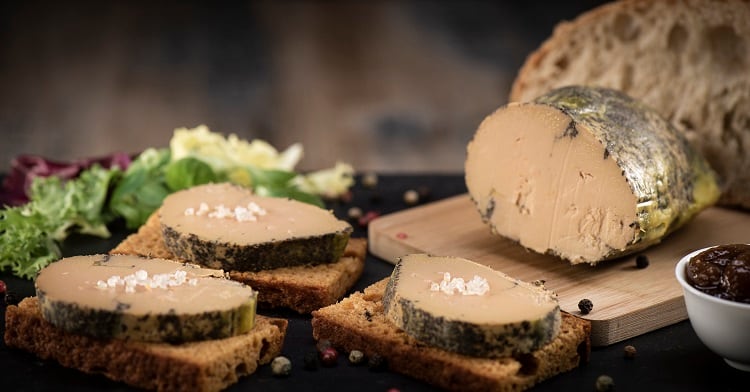The Israel-based start-up secured a $14M Series A investment in October led by S2G Ventures, the US VC fund focused on investments in food and agriculture industries. This will fund a pilot production facility in Tel Aviv, scheduled to open this year.
The company’s initial plan is to create a blend of cultured animal fat combined with plant-based protein, which it will sell to food manufacturers globally by 2022. This, it says, will prove the cultured meat is scalable.
Then (assuming the regulatory hurdles are jumped) it plans to begin selling the equipment, technology and ingredients to larger food companies and farmers to allow them to produce the product themselves. Tellingly, Future Meat has the backing of one of the biggest players in the global meat industry, Tyson.
“The name of the game for us is reducing the cost of cultured meat,” Future Meat CEO Rom Kshuk told FoodNavigator. How will its production methods prove the cultured meat is scalable? He explains that it has developed a more efficient nutrient media, using fibroblasts: fast-growing cells that quickly close up a paper cut. “These are more efficient from a cell-density point of view,” he said, adding they can rapidly and cheaply produce biomass, doubling in less than 24 hours.
“That translates into the cost of the meat itself which enables us to get to higher cell densities while reducing the cost and the volume of the media that we use.”
The method also allows for products that are 100% non-GMO. “One interesting thing about fibroblasts is that they can immortalise continuously without any GM technology. I think is very important when we think about what consumers want with these kinds of products.”
The pilot facility, which hopes to be able to roll out about 200-500 kilograms of biomass by Q1 2021, is currently working to produce chicken, beef, lamb and pork cultures.
DIY cultured meat: the key to scaleability?
Kshuk said that Future Meat’s bigger plan of supplying the production facilities to allow companies to produce their own products will make lab-grown meat vastly more scalable, and require far less land and water usage than traditional farming. Future Meat claims its technology is inherently sustainable (reducing land use by 99% and emitting 80% less greenhouse gas than traditional meat production) and will help address the growing worldwide demand for protein.
“You need the size of a chicken barn to manufacture probably ten times more meat that a chicken barn can produce in the same timeframe,” he claimed.
What about expertise? “This is not something you need a PhD to use. Even breweries or yoghurt making is not that different from culturing cells at the end of the day,” stated the CEO.
He added that the focus of Future Meat is on "enabling the existing value chain of meat, which is already in place and already has an understanding of the meat industry, to reach to the market. We will enable them to produce cultured meat and move to a way of producing meat that is more sustainable, whilst still maintaining the same nutritional attributes as meat.”
He added: “This is meat. Not a replacement; just meat produced in a different way.”





